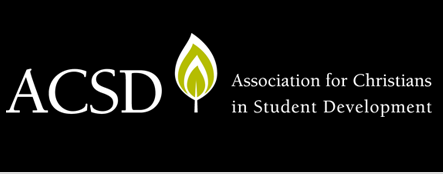Home > Other Collections > ACSD > Growth > No. 10 (2011)
Abstract
This study examined how academic advising is conducted among private, faith-based colleges and universities. In addition to developing a profile of academic advising at these campuses, academic advising organizational models used by these institutions were examined. Academic advising responsibilities at these institutions incorporated prescriptive and developmental advising methods. Seventy percent of the institutions utilized the “Faculty-Only” advising model. Benefits of using faculty members as advisors include the emphasis that private colleges place on faculty-student contact, enabling students to have a deeper relationship with their professors. Negative implications when utilizing faculty advisors include that they have other job responsibilities and priorities that often come before academic advising.
Recommended Citation
Wessel, Roger D. and Smith, Jenni L.
(2011)
"Academic Advising Models in Faith-Based Colleges and Universities,"
Growth: The Journal of the Association for Christians in Student Development: Vol. 10:
No.
10, Article 3.
Available at:
https://pillars.taylor.edu/acsd_growth/vol10/iss10/3
Included in
Educational Assessment, Evaluation, and Research Commons, Educational Leadership Commons, Higher Education Commons, Higher Education Administration Commons, Teacher Education and Professional Development Commons

